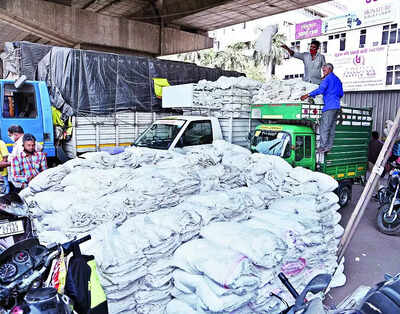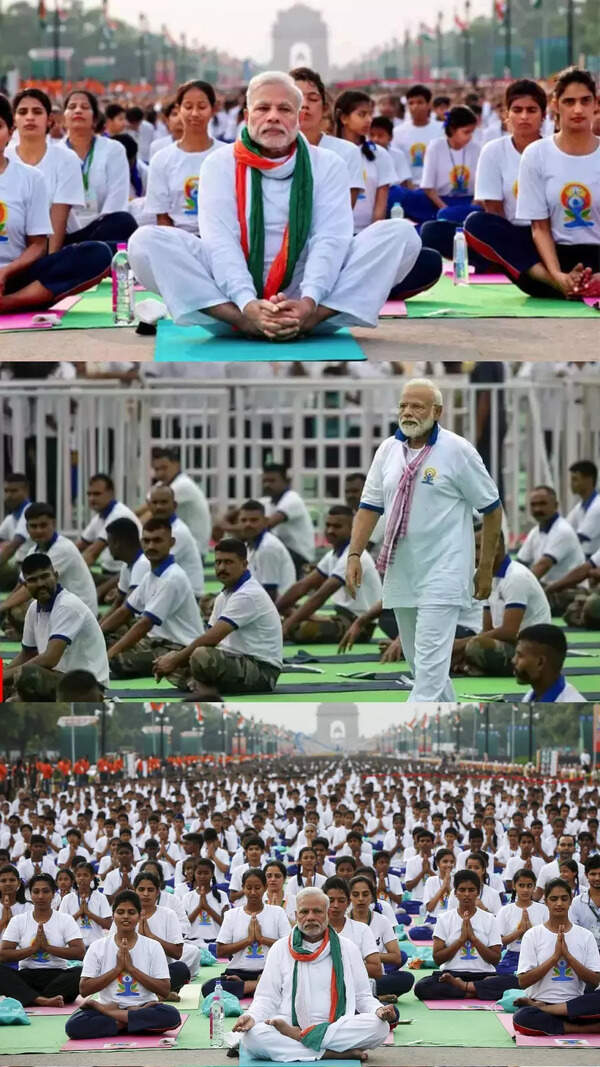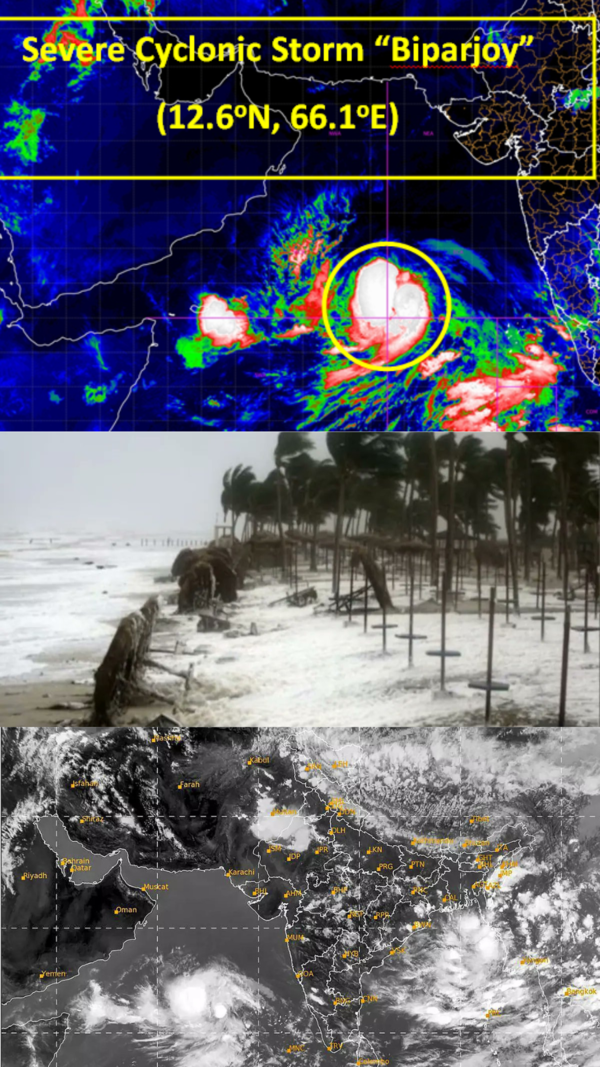- News
- City News
- surat News
- Slowdown, rising prices give weavers tough time
Trending
Slowdown, rising prices give weavers tough time

Surat: Owners of textile weaving units in the city are a worried lot these days. They have started facing challenging market conditions that have arisen from poor demand for fabric and rising prices of raw material.
In view of this, they have started taking various steps to deal with the situation. While the weavers of rapier jacquard have started stopping production for 20 days, nylon weavers have announced to give two days’ leave in a week to workers to cut production.
Besides, the weaving units have already started facing the heat due to quality control orders for raw material of polyester yarn. Industry insiders claim that the orders which are coming into force from this month, the companies that supply BIS quality material have already started increasing the prices.
“There is already a deficit in the supply of raw material for polyester yarn. With the mandatory BIS certification, the industry will have to source the raw material from three to four manufacturers who cannot meet the demand and the prices will escalate,” explained a textile unit owner, adding that “The foreign suppliers of these products do not have BIS certification and their material will stop coming to the market.”
Around 3,500 rapier jacquard weaving units operate in and around the city and majority of them have decided to close their units. “Due to drop in demand and overall slowdown, we are facing a tough situation. We have announced new prices for various products and closed the units to control oversupply,” said an office-bearer of RJWAS.
Similarly, nylon weaving units are facing pressure from two sides. “Spinners have increased the prices by Rs 10 and more per kg. Besides, we are already facing a drop in demand for fabric due to slowdown,” said a leader of Nylon Weavers Association.
In view of this, they have started taking various steps to deal with the situation. While the weavers of rapier jacquard have started stopping production for 20 days, nylon weavers have announced to give two days’ leave in a week to workers to cut production.
Besides, the weaving units have already started facing the heat due to quality control orders for raw material of polyester yarn. Industry insiders claim that the orders which are coming into force from this month, the companies that supply BIS quality material have already started increasing the prices.
“There is already a deficit in the supply of raw material for polyester yarn. With the mandatory BIS certification, the industry will have to source the raw material from three to four manufacturers who cannot meet the demand and the prices will escalate,” explained a textile unit owner, adding that “The foreign suppliers of these products do not have BIS certification and their material will stop coming to the market.”
Rapier jacquard units have announced to close their units for 20 days starting from June 20. The Rapier Jacquard Association of Surat (RJWAS) announced the decision at a joint meeting held a week ago. Following internal disputes and the use of force by a few individuals to close the units, the association called another meeting and continued with their call for closure of units.
Around 3,500 rapier jacquard weaving units operate in and around the city and majority of them have decided to close their units. “Due to drop in demand and overall slowdown, we are facing a tough situation. We have announced new prices for various products and closed the units to control oversupply,” said an office-bearer of RJWAS.
Similarly, nylon weaving units are facing pressure from two sides. “Spinners have increased the prices by Rs 10 and more per kg. Besides, we are already facing a drop in demand for fabric due to slowdown,” said a leader of Nylon Weavers Association.
Start a Conversation
FOLLOW US ON SOCIAL MEDIA
FacebookTwitterInstagramKOO APPYOUTUBE










